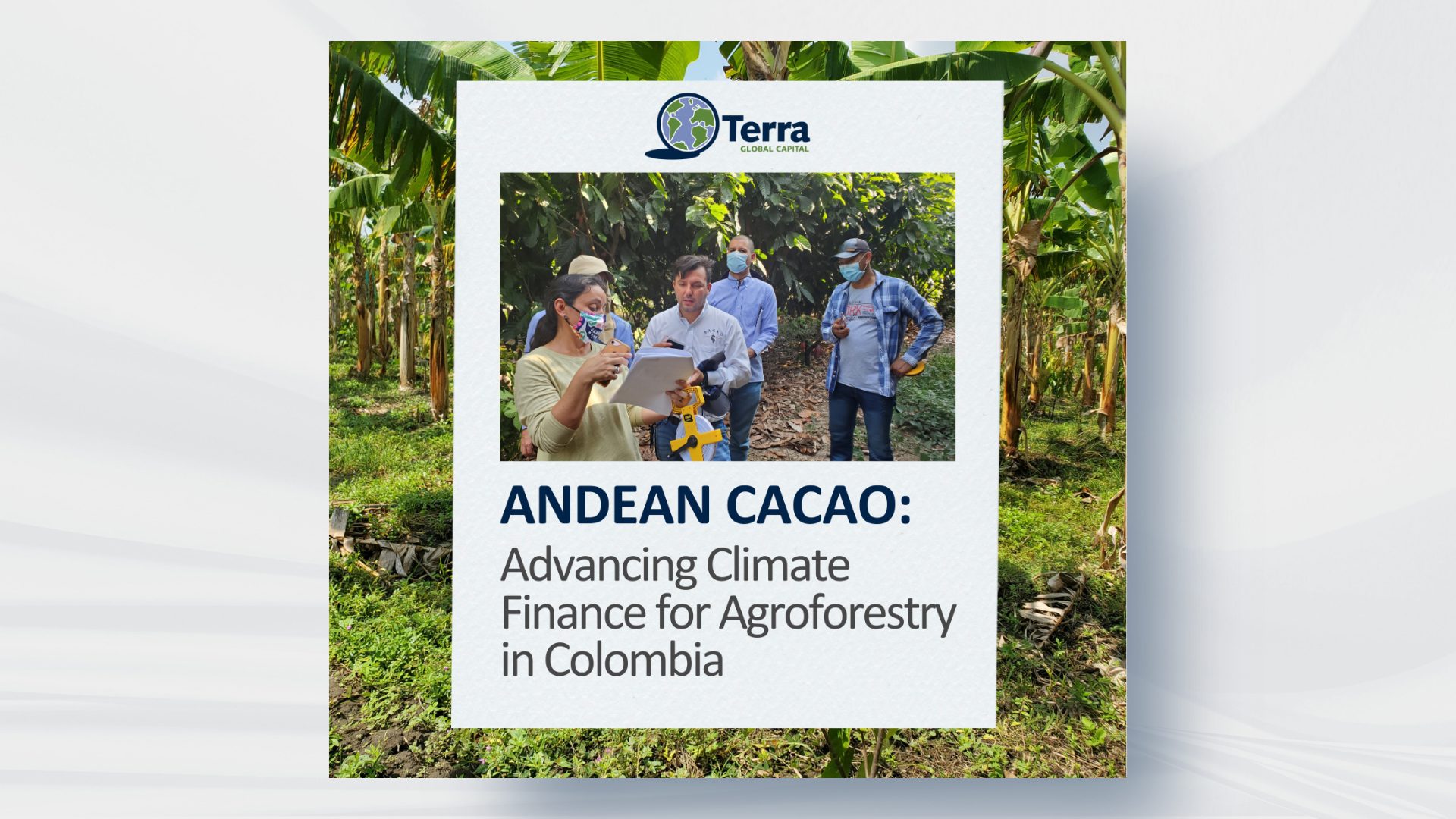Large, commercial agriculture and timber enterprises are the principal agents of tropical deforestation, with four key commodities—soy, beef, palm oil, and pulp and paper—driving up to 50 percent of tropical deforestation. These drivers of deforestation differ by region. Soy and cattle are key in South America, while timber, paper, and palm oil are more important in Southeast Asia. Given that deforestation and forest degradation account for approximately 12 percent to 17 percent of global greenhouse gas (GHG) emissions, reducing deforestation by decoupling the production of these four commodities from environmentally degrading practices may produce meaningful reductions in global emissions and have significant additional environmental, economic, development, and social benefits. A number of organizations work to reduce commodity-driven deforestation. The Tropical Forest Alliance 2020 (TFA 2020) is a public-private partnership with the goal of reducing tropical deforestation associated with key global commodities such as soy, beef, palm oil, and pulp and paper.1 TFA 2020 was born out of discussions between the U.S. Government and the Consumer Goods Forum, a network of more than 400 global companies with annual sales topping $3 trillion.
Additional research is needed to: 1) understand the barriers (financial, technological, political, legal, cultural, etc.) faced by producers that transition to zero-deforestation commodity production; and 2) understand the options available to overcome financial barriers that will help to support this transition. Together, these two components will help explain the business case for transitioning to zerodeforestation commodities and how to move forward.
The objective of this report is to provide an assessment of production practices and their impact on deforestation for beef, dairy, and related products that TFA 2020 companies and their subsidiaries with operations in Colombia use.2 The assessment was carried out to identify: 1) key barriers to shifting to sourcing and producing zero-deforestation cattle products (these barriers may be financial, technical, political, legal, and/or cultural); and 2) based on the identification of key barriers, provide a broad set of options to change to more sustainable production practices that will increase productivity while reducing or eliminating deforestation from the production of these goods.




